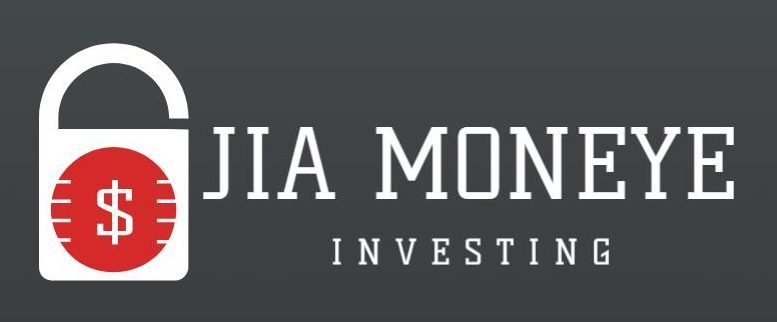
Avoiding the Debt Trap: Smart Credit Usage
Understanding the Basics: How to Avoid the Debt Trap through Smart Credit Usage
Avoiding the Debt Trap: Smart Credit Usage
Understanding the basics of credit usage is the first step towards financial freedom. It’s like learning to swim before diving into the deep end of the pool. Credit, when used wisely, can be a powerful tool to manage your finances, build a strong credit history, and achieve your financial goals. However, misuse or overuse of credit can lead to a debt trap, a situation where you’re constantly borrowing to pay off existing debts.
So, how can you avoid falling into this trap? The answer lies in smart credit usage.
Firstly, it’s important to understand what credit is. Simply put, credit is borrowed money that you promise to pay back within a specified time frame, usually with interest. Credit cards, mortgages, and car loans are all examples of credit. The key to using credit wisely is to borrow only what you can afford to pay back and to always pay on time.
One of the most common ways people fall into the debt trap is by using credit cards irresponsibly. Credit cards can be convenient and offer rewards, but they can also lead to overspending. To avoid this, it’s crucial to use credit cards as a tool, not a crutch. This means paying off your balance in full each month to avoid interest charges and not using your credit card to buy things you can’t afford.
Another way to avoid the debt trap is to keep track of your spending. This can be done by creating a budget and sticking to it. A budget will help you understand where your money is going and identify areas where you can cut back. It’s also a good idea to set aside a portion of your income for savings each month. This will provide a safety net in case of unexpected expenses and reduce the need to rely on credit.
In addition to responsible credit card usage and budgeting, it’s also important to understand the terms of your credit agreements. This includes knowing the interest rate, payment due dates, and any fees associated with your credit. Ignorance is not bliss when it comes to credit; not knowing the terms can lead to missed payments, high interest charges, and a lower credit score.
Lastly, it’s important to regularly check your credit report. This document, which can be obtained for free once a year from each of the three major credit bureaus, provides a detailed record of your credit history. Regularly checking your credit report can help you spot any errors or signs of identity theft, which can negatively impact your credit score.
In conclusion, avoiding the debt trap through smart credit usage involves understanding what credit is, using credit cards responsibly, keeping track of your spending, understanding the terms of your credit agreements, and regularly checking your credit report. By following these steps, you can use credit to your advantage and avoid the pitfalls of debt. Remember, credit is a tool, not a ticket to unlimited spending. Use it wisely, and it can help you achieve your financial goals.


